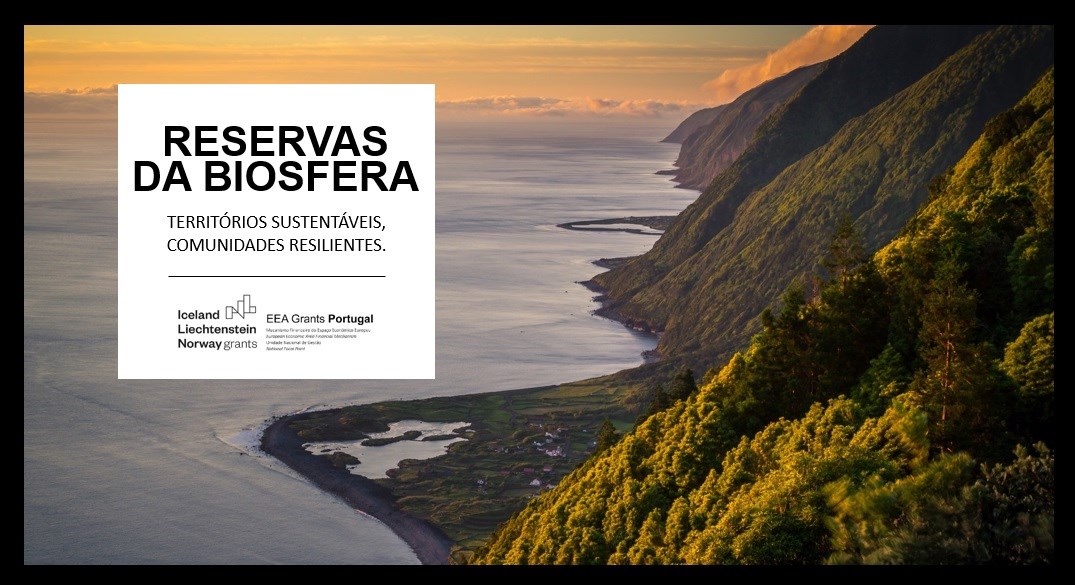Biosphere Reserves: sustainable territories, resilient communities
Biosphere Reserves: sustainable territories, resilient communities

Promoter: Quaternaire Portugal SA
Partners:• University of Coimbra
• New University of Lisbon - Faculty of Social and Human Sciences
• PC & A - Strategic Marketing Consultants, Lda
• Pedro Nunes Institute, Association for Innovation and Development in Science and Technology
• Order of Biologists
• KEEP - Knowledge for Peace, People and the Planet
• University of Bergen
• Nordhordland Utviklingsselskap IKS
• Icelandic National Commission for UNESCO
EEA Grants: 2 297 834,66
Total Amount: 2 297 834,66
Grace Code: PT-ENVIRONMENT-0032
Programme:Biosphere Reserves (BR) are unique territories of natural and cultural heritage and committed to protect the heritage, well-being and progress of communities. The world network of BR reflects the 2030 Agenda and SDGs at the local level, supported by UNESCO goals: education, science, culture and information.
The BR model is relevant in the global framework of sustainable management (SD), natural and cultural heritage and historical identities. Portuguese BRs have not achieved yet the visibility inherent to the status of privileged tools in the SD of different territories. We propose a project that structures and fosters a collective dynamic to fulfill that purpose, respecting the autonomy and diversity of contexts of the different BR.
The project targets the territory level, through the integration of heritage assets and ecosystem services, with a special focus on people, on strengthening their skills and on the governance model. The SD Plans (SDP) of the BR, following participatory methodologies, will be the comprehensive and in-network programmatic framework, aiming at the differentiated territorial development, the resilience and sustainability of BR.
SDP will be guiding tools in each reserve and between the national BRs and other thematic and geographical BR networks. SDP will be supported by better knowledge of the values of each BR, in particular their sociocultural identity reflected in their legacy and ecosystem services, through demonstrative and high-priority pilot actions (adaptation, circular economy) and subsequent dissemination. A robust monitoring system of indicators will ensure a flexible management that is sensitive to the evolution of risk factors and uncertainties.
Awareness-raising actions aimed at specific audiences such as tourism, culture, research and education are included. The Portuguese Chamber of Biologists brings in the experience and network from the Biology Olympics, ensuring a national participation of schools and municipalities.
We propose a highly experienced coordination in terms of planning and territorial development, in participatory methodologies and within the scope of the MAB Programme both in the design and promotion of new BR and the management of UNESCO MAB Programme.